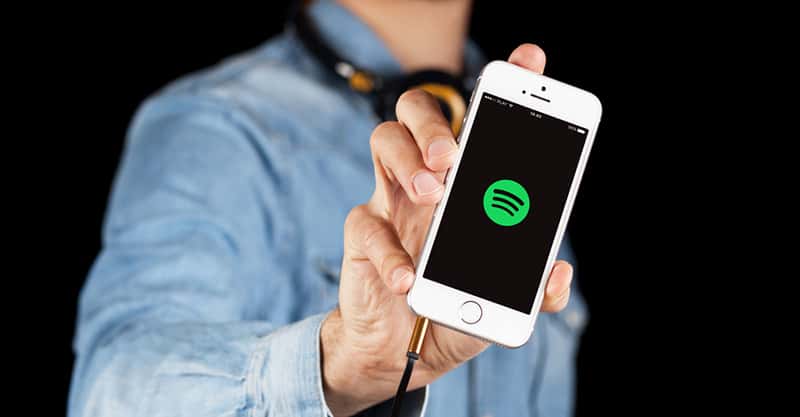Germany is one of the top five countries for Spotify, and its users spend an average of almost two hours daily on the app. However, recent reports have surfaced of users artificially inflating their play counts by buying fake streams from third-party services. It not only hurts the artists being played but also takes away revenue from Spotify itself.
This problem has been around since Spotify’s inception, but it has become increasingly difficult to spot fake streams as the technology gets more sophisticated. In 2018, the streaming service removed 1.3 billion counterfeit streams from over 400,000 artists’ accounts. While Deutsche Spotify Streams Kaufen may seem quick and easy to boost your numbers, it ultimately does more harm than good.
- The problems with fake streams:
Fake streams are created when someone creates a bot that automatically generates plays on a song or album. It inflates an artist’s number of streams, which can lead to them being falsely ranked on streaming charts.
It is harmful to the music industry for several reasons. First, it makes it difficult for genuine artists to break through and gain traction. Second, it artificially inflates the popularity of certain songs or albums, which can lead to people becoming disappointed when they don’t live up to the hype.
Fake streams are also damaging to the relationship between artists and their fans. When fans think that an artist is more popular than they are, it can create unrealistic expectations and cause them to lose interest in following that artist’s career.
- They distort listener numbers.
Fake streams are when an individual or bot creates false plays on a song or album to inflate listener numbers and give a false impression that the music is more popular than it is. This practice is damaging to the industry for several reasons.
![Buy Spotify Plays [2020 Updated]](https://getfans.io/assets_new/img/workers_art/buy_spotify_plays.jpeg)
Firstly, fake streams distort listener numbers, which confuses labels and artists when trying to gauge their music’s popularity. It can lead to incorrect marketing decisions being made, as well as potential missed opportunities for promoting certain tracks or albums. Secondly, fake streams also impact how royalties are calculated. If an artist is being paid based on the number of streams their music receives, artificially inflated numbers will mean they are not accurately compensated for their work.
- They lower the value of music
The article discusses how fake streams are damaging the value of music. It is estimated that as much as 95% of all streams on some platforms are fake, which severely impacts the industry.
One problem is that labels and artists are not paid for these fake streams. It means that they are not able to generate revenue from them, which can have a significant impact on their bottom line. These fake streams can also lead to lower royalties for songwriters and producers.
Another issue is that fake streams can inflate an artist’s streaming numbers, leading to them receiving less promotion and airplay. It can ultimately lead to less success for the artist and make it more difficult for new and unsigned artists to break through.
Conclusion:
The German music industry is at a crossroads. On the one hand, the country has produced some of the most iconic and timeless musicians and bands in history. On the other hand, a new generation of artists is coming up who are being lured to Deutsche Spotify Streams Kaufen to artificially inflate their numbers and appear more popular than they are.
